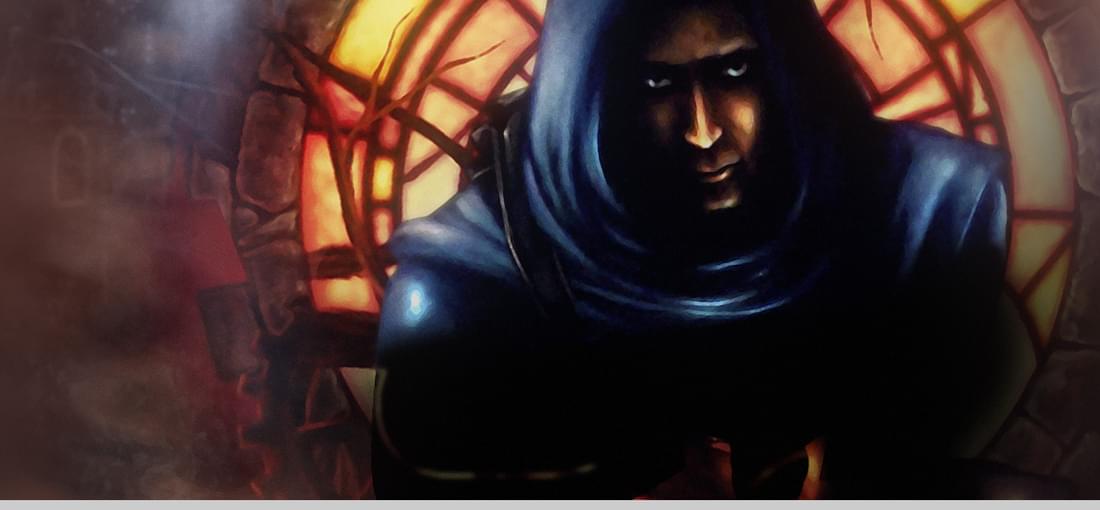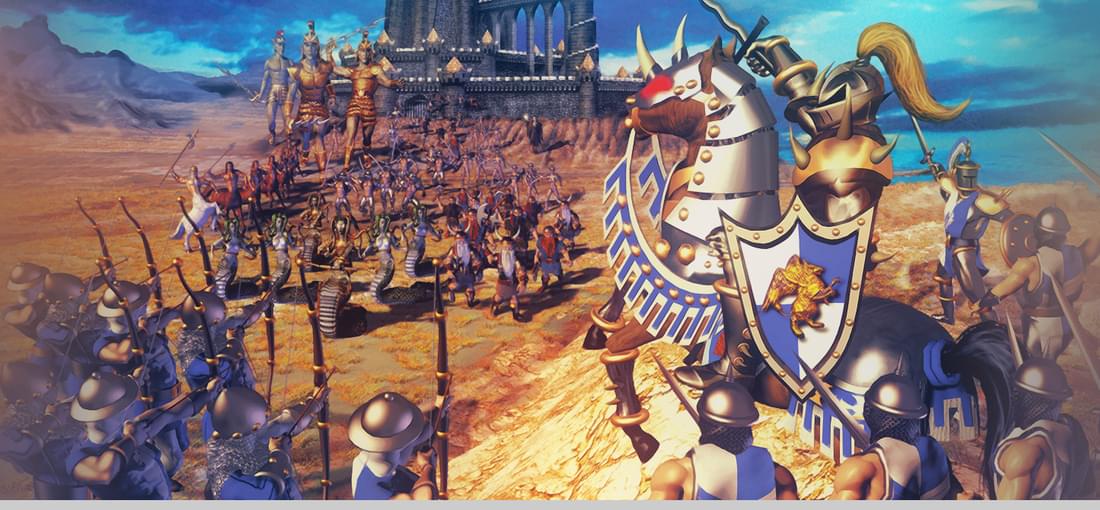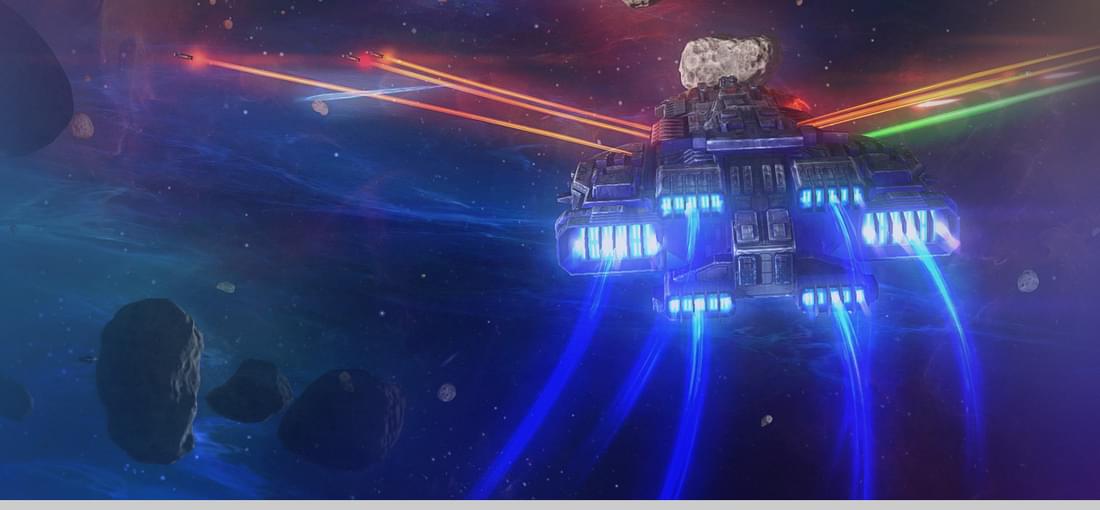


Die Thief-Reihe ist ein legendärer Klassiker. Die Atmosphäre ist außergewöhnlich stark und es fühlt sich wie ein einzigartiges Spiel an. Aber der Ruf dürfte größtenteils auf Thief 2 berufen, sowie der Demo des ersten Spiels mit dem ersten Level, was ein bisschen die klassische Grundform des Gameplays darstellt, das auch repräsentativ ist für Thief 2. Thief 1 ist in Wirklichkeit ein seltsameres Spiel. Sofort nach der ersten Mission werden die Level sehr anders. Schon in der ersten Mission merkt man, dass das Level ein bisschen zu groß ist und es zu schwer ist sich zu orientieren (zum Teil ist es zu "symmetrisch"). Aber die zweite Mission Cragscleft Prison ist geradezu riesig, mit einer Mine, einem Gefängnis und diversen Stockwerken der Hammerite-Fraktion. Insbesondere ist ein wenig überraschend wie man sofort mit besonders unheimlichen Zombies zu tun hat, die meist unausweichbar sind und noch dazu unsterblich (zunächst). Das Missionsdesign ist im Grunde schon beeindruckend, mit subtilen Hinweisen, die es zu beachten gilt in einer Art Environmental Storytelling, und sogar kurz eindrucksvollem Einsatz experimenteller Musik. Aber Orientierungslosigkeit, Herumirren und teilweise Ratlosigkeit sind vorprogrammiert. Direkt das nächste Level ist noch seltsamer: in einer gigantischen Gruft ist man konfrontiert mit wahren Zombiehorden, die man explodieren lässt! Gehört das zu den Erwartungen der meisten? Und die Orientierung ist nun wirklich schrecklich. Wie gesagt, ich glaube, der Ruf der Reihe ist vorbestimmt durch Thief 2 und die Demo von Thief 1. Man merkt, dass das Spiel ursprünglich den Untertitel trug "The Dark Project". Es handelt sich nicht einfach um einen Dieb-Simulator in einem mittelalterlichen Setting mit Steampunk und Magie-Einsprengseln. Es ist in mehrerer Hinsicht ein sehr finsteres, düsteres Spiel, bei dem die Entwickler wohl ein bisschen zu sehr auf "Hardcore" gemacht haben, und das Design auch oft mit groben Kanten ist (ohne auf die Grafik hinzuweisen).

Gameplay-wise, this is almost certainly the worst game of its genre, barring older ones. At least the mission design is one of the worst I have ever experienced in a published game. The irrational overhype is easily proven by pointing out how this game lies about what it is or how nobody ever tells the truth. Think this is an addictive, "just another round" kind of game, where you grow your forces and are more or less free to choose your path (with some hard challenges along the way)? Well, it is one of the least relaxed games I have ever played, including frantic ones. Just playing the first mission (although the campaigns seem to be in wrong order) one notices there is no real logic, strategy or design to winning. There is just a secret time wall against which to crash repeatedly, until you take painstakingly pedantic steps, planning 30-50 rounds ahead, in a non-stop frenzied rush (!) forward, counting wilful attrition, and doing cumbersome logistics, in order to be at the right place at the right time. The tiniest missteps will let you fail, although on the face of it nothing is wrong with them. Only looking back at a random point might there be something one might have done differently. There is zero flexibility or tolerance in how to proceed, although nothing of it is motivated by logic or clear design, and a lot of it is arbitrary. There is more "fussing about" than strategy. The enemy is massively overpowered, as all its units have better statistics and he always has more gold for bigger armies - under more heroes you can afford -, even if you take more than half the map. In addition, the AI is ludicrously aggressive, and once it has started, there is hardly a round without harassment, even if you just squeezed out two victories. And it simply never feels good to play. It is a well-established, "mild" criticism that the missions in this game are decided early on, and whatever one does later is a waste of time. However nobody tells you how crude it really is.

Like most games nowadays, no less indie games modelled on AAA-classics, this game immediately gives you loads of things you should do or consider in the form of barebones text descriptions or remarks about trade and stuff (including location names without ever having been anymore), without explaining how anything works (aside from giving the message to use hyperdrive every once in a while), or giving any motivation to do anything. Accordingly, one jumps from one place to another, all exactly identical, keeps pressing some standard buttons for shooting and tracking, fighting pointless fights, without knowing why or really how to do it slightly better, occasionally running into other NPCs relaying barebones text messages about joining this for a fee or taking on this pointless, identical mission. This kind of lazy design disaster is usually excused nowadays by an arrogance about games being some kind of work- or life-substitute, where one does nothing willingly or with enjoyment, but for feeling good about oneself about doing it at all, and despite of or because it is not understandable and has nothing enjoyable about it.